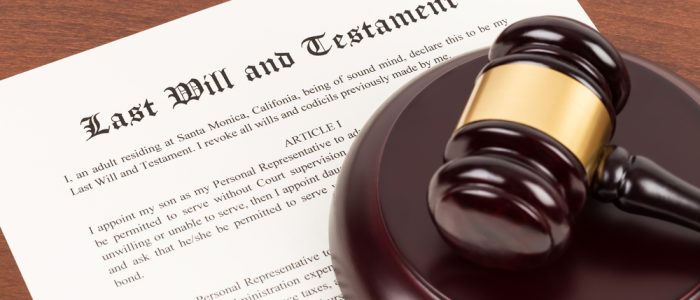If you don’t want important decisions to be left up to the state when you’re gone, you need a will. If the idea of creating a will feels like you’re tempting fate, think of it as a road map you’re leaving your family, so they don’t have to stress over making the right decisions on your behalf.
First, you need to understand the differences between a living will and a last will and testament, usually referred to as a will. These are two different documents that serve different purposes.
A living will serves to state your wishes in the event you cannot communicate. This is a legal document outlining which life support services you approve or disapprove of in certain situations.
A last will and testament dictates how you wish your assets to be distributed and utilized following your death. This article will address five crucial questions you need to answer to create your last will and testament.
What is an executor, and who should I appoint?
An executor is a person you designate to carry out your intentions. Depending on your wishes, the role of an executor can be relatively straightforward or incredibly complicated and time-consuming. The right executor will be someone who is responsible, in good financial standing, and can carry out your wishes without emotional hangups.
What Is Your Family Situation?
If you have young children, you will want to appoint a named guardian to care for them. As a parent, you want to name someone who will raise your children as you would. There are several factors to consider: who your kids will be comfortable with, who shares your values, and who has the capacity to raise additional children. If you have children or family members with special needs, consider how their needs will continue to be met in the event you are not around.
Are you leaving enough money to care for your family?
You want your family to be taken care of financially to meet their needs after you pass away. Many people opt for a life insurance policy to cover expenses. The standard rule of thumb is to secure a policy that covers at least ten times your annual salary.
How do you want your assets distributed?
The first step is figuring out what assets you own and wish to pass through the will. These combined assets make up your estate. Next, you need to decide who will inherit your estate and name them as your beneficiaries. Any assets not left to a beneficiary will go through probate, a process where the court determines how to distribute your property after you die. In addition to assets, some people choose to outline specific instructions for personal property or heirlooms to avoid family disputes.
Can I do this myself, or should I use a professional?
While it may be tempting to go it yourself, creating and filing a legal last will and testament are complex processes. Wills created online are often filled out incorrectly and therefore aren’t legally valid. Don’t make this mistake. The best way to ensure your final wishes are properly outlined and carried out is by working with an experienced estate planning attorney. Contact our office today to discuss your end of life planning.



